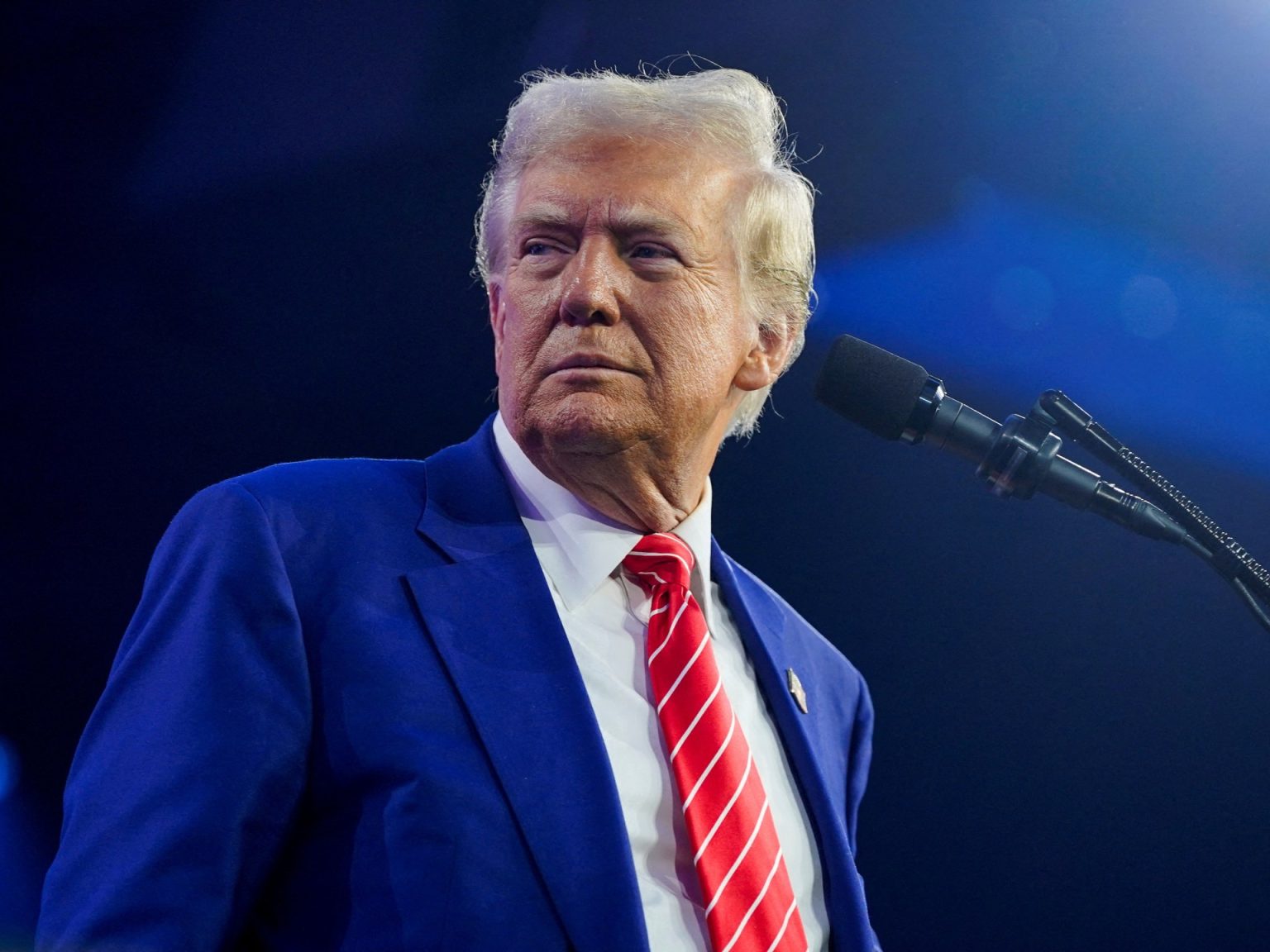The recent pronouncements by US President-elect Donald Trump regarding the Panama Canal have ignited a diplomatic firestorm, raising questions about his foreign policy approach and understanding of international agreements. Trump’s assertion that the US “foolishly gave away” the canal and his subsequent suggestion that the US should reclaim ownership based on perceived unfair treatment have been met with strong rebukes from Panama’s President, Jose Raul Mulino. This dispute underscores the canal’s strategic importance and the sensitivities surrounding its ownership and operation. Trump’s claims, coupled with his online rhetoric, have created uncertainty about his intentions and raised concerns about potential instability in US-Panama relations.
The Panama Canal, a marvel of engineering connecting the Atlantic and Pacific Oceans, plays a crucial role in global trade. It facilitates the movement of goods between continents, significantly impacting international commerce and supply chains. For the US, the canal is particularly vital, serving as a conduit for a substantial portion of its import and export activities, especially with Asian markets. The canal’s efficiency and capacity directly influence the cost and speed of shipping, impacting American businesses and consumers. Trump’s assertion that the US is being “ripped off” at the canal seems rooted in a misunderstanding of the canal’s toll structure and the economic benefits it provides to global trade, including the US.
The history of the Panama Canal is deeply intertwined with US involvement, dating back to the early 20th century. The US played a pivotal role in the canal’s construction, overseeing the project from 1904 to 1914 under President Theodore Roosevelt. For decades, the US controlled the canal and the surrounding Canal Zone, a fact that has fueled nationalistic sentiments and historical grievances in Panama. The 1977 Torrijos-Carter Treaties marked a turning point, paving the way for the transfer of control to Panama on December 31, 1999. This handover was a significant diplomatic achievement, symbolizing a shift in US foreign policy and recognizing Panama’s sovereignty. Trump’s remarks disregard this historical context and the decades of negotiations that led to the peaceful transfer of the canal.
Trump’s rhetoric about reclaiming the Panama Canal is not only legally unfounded but also raises concerns about his foreign policy agenda. International treaties, like the one governing the Panama Canal’s ownership, are legally binding agreements. Unilaterally reneging on such treaties would damage the US’s credibility on the world stage and undermine the rule of international law. Furthermore, Trump’s comments, including his cryptic social media posts, create unnecessary tension and could jeopardize the long-standing relationship between the US and Panama. His insinuations about China’s supposed influence over the canal, despite Panama’s denials, add another layer of complexity to the situation, potentially reflecting broader geopolitical anxieties regarding China’s growing global presence.
The timing of Trump’s statements coincides with a period of challenges for the Panama Canal, primarily related to drought conditions. The canal relies on Gatun Lake, a man-made reservoir, to operate its locks. Recent droughts have significantly reduced water levels, forcing canal authorities to implement restrictions on ship traffic and increase transit fees. These measures are aimed at ensuring the canal’s continued operation and managing the impact of the water shortage. Mulino’s explanation that the increased fees are necessary to fund improvements and maintain the canal’s functionality underscores the financial pressures faced by Panama in addressing the drought’s consequences. Trump’s pronouncements seem to ignore these complexities, focusing instead on a narrative of perceived unfair treatment towards the US.
Trump’s statements about the Panama Canal are part of a broader pattern of unconventional and often controversial foreign policy pronouncements. His “America First” agenda, while emphasizing non-interventionism in certain areas, has also been accompanied by suggestions of territorial expansion. Alongside his remarks on the Panama Canal, Trump has hinted at the possibility of Canada becoming the 51st state and reiterated his interest in acquiring Greenland from Denmark. These comments, often delivered via social media, lack detailed policy explanations and raise questions about their seriousness and underlying motivations. The implications of such statements are significant, creating uncertainty about the direction of US foreign policy and potentially straining relationships with key allies. Whether these pronouncements represent genuine policy intentions or are primarily rhetorical tactics remains unclear, adding to the anxieties surrounding Trump’s return to the presidency.

